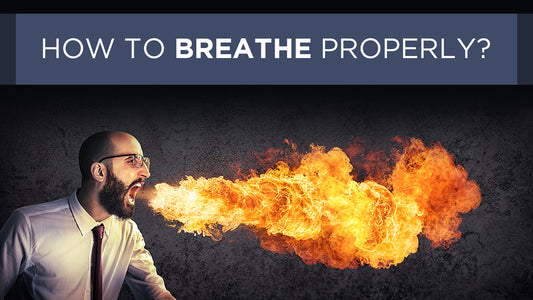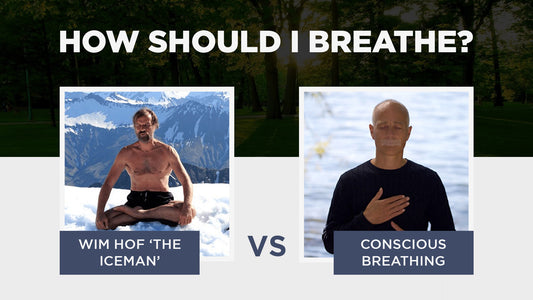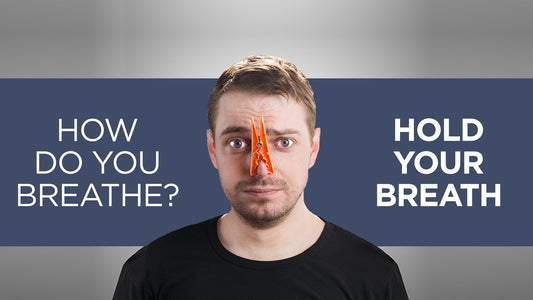
Chief Physician Recommends Conscious Breathing and The Relaxator
I am a former chief physician at the Falu Hospital in Sweden. From a global perspective our healthcare in Sweden is at the top level. However, a problem in Swedish healthcare is that the doctors rarely look beyond their own specialties. After my five-year medical training to become a doctor I have done further studies to become a specialist in three different areas – allergology, rheumatology and internal medicine. I also have a PhD in cell biology. In 1986 I got burned out due to too high ambitions and not listening to my bodily signals. In 1988 I came in touch with a couple of breathing experts, Olle Löwhagen and Lars Belin, at the Gothenburg University. My background has contributed to an increased understanding of the underlying causes of poor health and the accompanying symptoms.
The connection between chronic illness and over breathing
What I noticed was that many of my patients with multifaceted chronic problems (illness) had difficulties with their breathing. Often they had a low-grade form of hyperventilation, which means that they had too much oxygen in their blood, but too little carbon dioxide. I started to measure the carbon dioxide levels on some of my patients, which confirmed that many of them hyperventilated. Along with this hyperventilation a functional respiratory disorder was present, characterized by involuntary tensions in the breathing muscles in the neck, throat, chest and back, which in turn led to shortness of breath, chest pains etc. According to my view, hypocapnia (hyperventilation) leads to an increased excitability in nerves and muscles, which in turn results in that the breathing muscles are not working in synchronicity. This in turn leads to a variation in the airflow in inhalation and exhalation, which can be seen on a flow curve using spirometry (a lung function test), and which causes breathlessness.
Difficulty reaching my colleagues
To attract interest to the importance of good breathing habits, amongst my medical colleagues and decision makers, as well as individuals, I have written the book Medically Inexplicable Symptoms (currently only available in Swedish). I have also published several articles and sent an open letter to our Minister for Social Security as well as the government body for Social Insurance.
• Stress symptoms and hyper reactivity – diagnosis and treatment of ”cultural diseases”
• What is severe asthma?
• ”Pain-bitch” – A more open attitude would be beneficial for this group
I have tried to reach my colleagues, but unfortunately, even though some have shown an interest, their interest has been modest.
I can heartily recommend the book Conscious Breathing as well as the Relaxator Breathing Retrainer
For several years Anders Olsson and I have had fruitful discussions about breathing and poor health. He is one of the few who knows a lot about hypocapnia (over breathing/hyperventilation) and its significance in poor health. Anders Olsson has written a very good book, Conscious Breathing, which bears the mark of his great knowledge in this field. In the book he discuss how poor breathing habits lead to a wide range of health problems like chronic fatigue syndrome, aches and pains, sleep problems, heart issues, gastro-intestinal problems and also stress and anxiety. The book is based on scientific research and I heartily recommend you read it.
Further, Anders Olsson has developed a product, The Relaxator Breathing Retrainer, that I think the Health Care System should pay more attention to. The Relaxator is a tool for breathing retraining that helps the user to improve his/her breathing habits. I can highly recommend this product as well, although I’d like to see it in clinical trials. A similar product, the BA-tube, is already in use in Swedish Healthcare today for treatment of COPD. The purpose for both the Relaxator and the BA-Tube is to achieve a certain level of resistance upon breathing out.
– Dr Johannes Lindh, retired Chief Physician, Falu Hospital, Sweden






